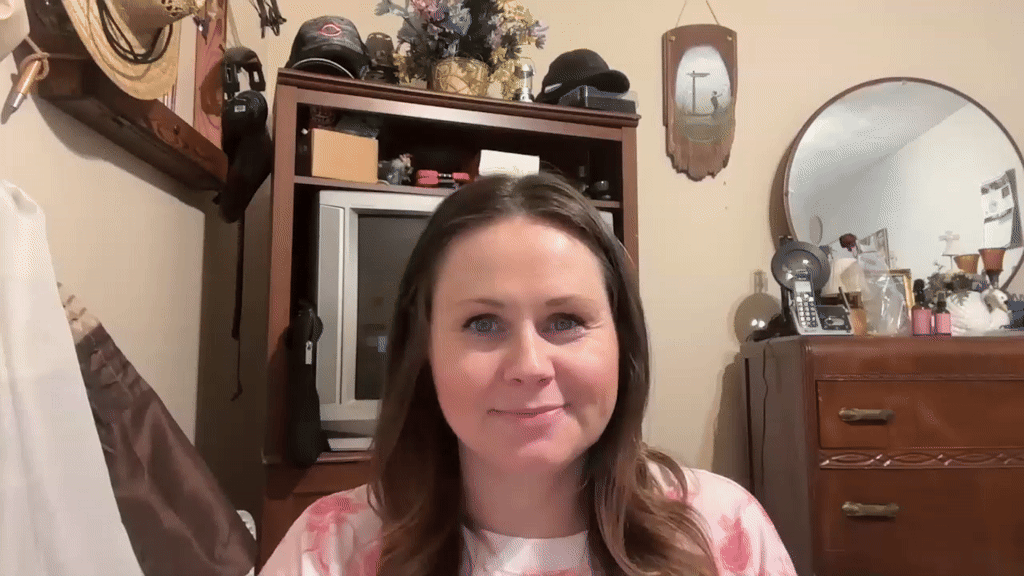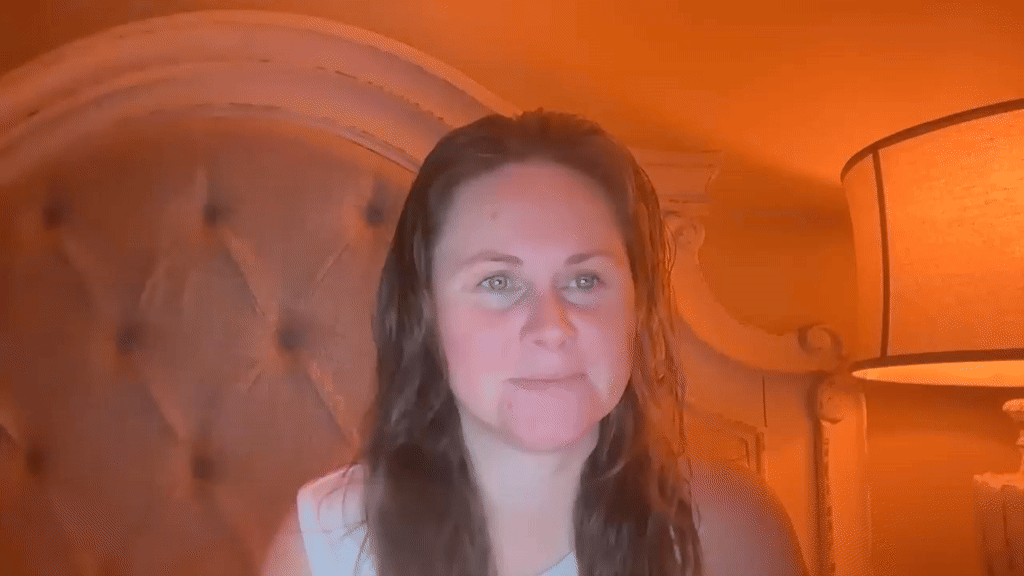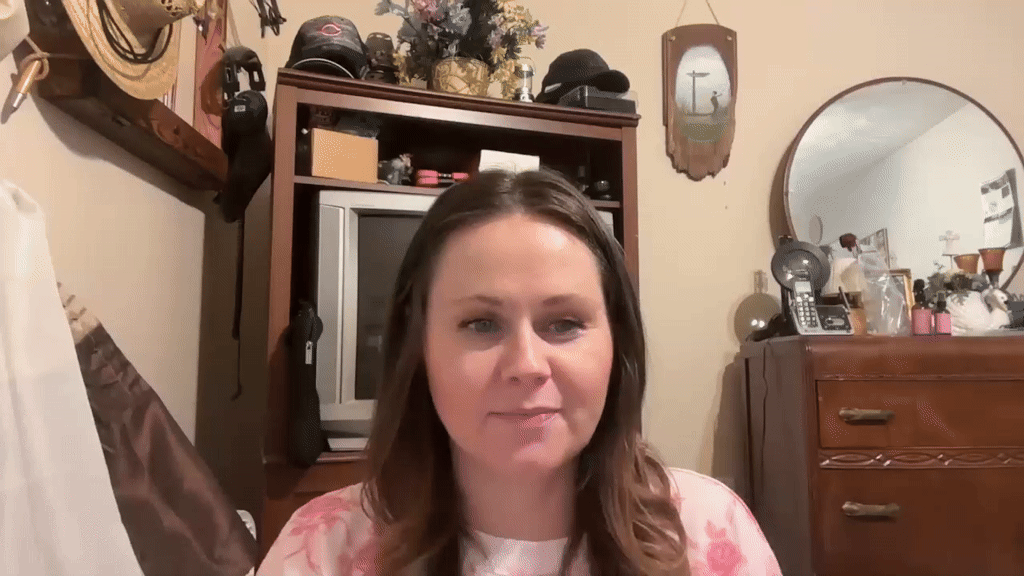Become Someone Strong
TAKING ACTION: ✅ What’s one small promise you’ll keep to yourself this week? ✅ How did you support your body today—physically or mentally? Remember: 1% better each day (everyday) for February!!! Not through intensity. Not through rules. But through repetition of small, intentional actions. This week, treat consistency like a practice—not a test. Every small follow-through is a vote for the person you’re becoming. And trust me—you’re becoming someone strong. 💪✨

Health Journey doesn’t go by a calendar
TAKING ACTION: ✅ After reading the post below, comment HERE if you’re committed to continuing this journey with intention. This moment matters. ✅ Start the week grounded and focused—make choices today that support how you want to feel and show up. 🔥 “Starting strong is good. Finishing strong is epic.” — Robin Sharma We’re stepping into a powerful week, and while it might feel like a wrap-up moment of “the new year”, I want to gently shift the perspective today… ⚾️ I know we love clear start and stop points—they give structure and momentum—but sometimes they quietly plant the idea that once we reach a certain date, we’re “done.” And that’s not how real, lasting health works. Your health journey doesn’t end when a calendar page turns. It evolves. It grows with you. It adapts to different seasons of life—but it never just stops. When your approach is extreme, you count down the days until you can quit. When your approach is sustainable, you don’t crave an end date—you build a lifestyle that actually supports you. That’s where freedom lives. So no pressure to “wrap this up perfectly.” No finish line energy. Just continued intention, consistency, and self-respect. This isn’t the end, friends. It’s momentum. It’s integration. It’s the beginning of what comes next. 🔥

Tuesday Eats 🥘
✅ Do you try to keep things simple? Share your tips below today! ✅ Share your favorite move from today’s workout, and as always, let me see those macros! 🍽 Have you ever heard of the acronym KISS? In this space, it means “Keep it simple, sis.” I can’t tell you how powerful it is to keep it simple when it comes to your health & wellness journey. Oftentimes, I see clients go all in—trying to cook new recipes every night, trying to work out every day of the week, etc. Unfortunately, this almost always leads to burnout—and it happens fast. 💯 Some of the most successful people I know keep it super simple. In fact, they eat the same meals throughout the week (or at least most days of the week). This helps them with decision fatigue, tracking, etc. It also takes the guesswork out. Keeping it simple works for them in more ways than one. They don’t get bored with their simple meals because they’ve trained their bodies not to crave junk. They primarily view food as fuel. This process doesn’t happen overnight, but is done through consistency over time. You don’t get bored by eating simply. Your body (and brain!) is simply having a craving for what it’s used to. The good news is that you can control your cravings by 1) reducing processed food, and 2) meeting your nutrition targets. As you move forward, consider ways you can keep it simple. Trust me, it’s one of the best decisions you can make! Speaking of keeping it simple, check out this Brussels sprout salad you can make in under 30 minutes! 😍 Brussels Sprout Salad - Wholesome Yum

Change Your Thinking
TAKING ACTION: ✅ Capture at least one negative thought today and reframe it. Tell me about it in the comments below! You know that feeling you used to get every time you’d start a new diet? Remember how you’d always feel motivated and crush the first day? What if you treated every day like it was the first day (but without the extremes 😉)? What if you viewed every waking day as a new opportunity to get it right? The reality is—you can. And it starts with your thoughts. 💯 As I often mention, your thoughts about everything literally dictate how you react to situations, circumstances, and even people. If you’ve trained your brain to believe this journey is hard, then you can bet it’s going to be. On the contrary, if you train your brain to believe that every day is a new opportunity, you’ll be more likely to embrace new opportunities—even if they feel a little difficult. It’s all in the way you speak to yourself, friends. I know that sounds woo-woo, but it isn’t. It’s science. The thing to note here is that, like anything else, it takes practice + consistency. It won’t happen overnight. You have to want it so much that you’re willing to practice it every day. It won’t feel natural at first. You’ll catch yourself returning to old thought patterns often, and when that happens, you must catch yourself mid-thought and change it. This is how you update the old processing system that’s not serving you. If you want to change your thoughts around this journey, I encourage you to read this ⭐️always optional⭐️ article today! It’s lengthy, but well worth your time! 11 Highly Effective Ways To Change Your Thinking

Sourdough Class
Order the sourdough equipment and utensils here: https://a.co/d/01NK6BJz ***See guide attached below for other necessary items**
1-30 of 1,066

skool.com/bewellco
In this community we explore hormone balance, gut health, pH support, and nervous system regulation with our Board Certified Functional Medicine Coach
Powered by






